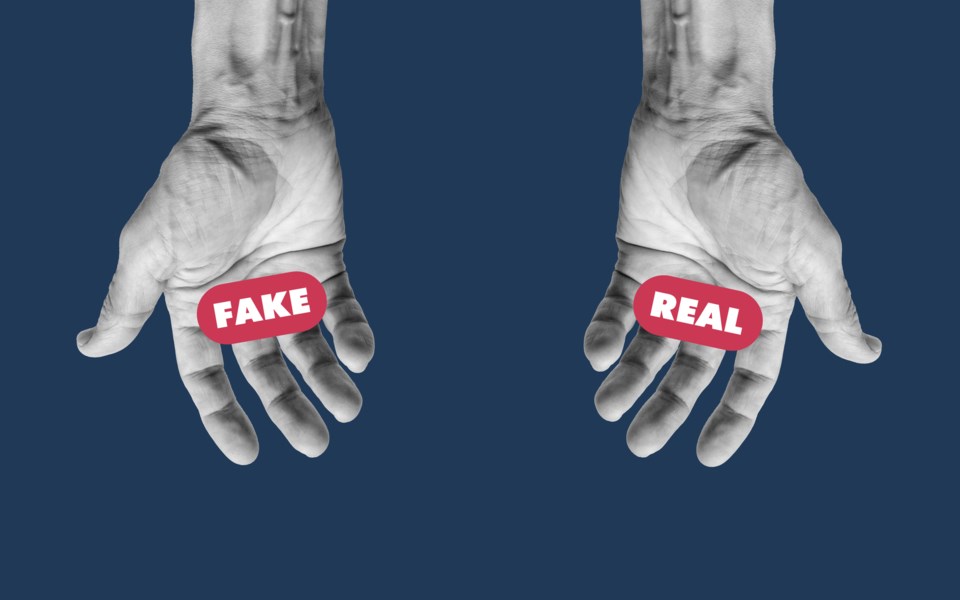The 16th-century Spanish writer Miguel de Cervantes said, “The road is always greater than the inn.”
This principle is also true for the pursuit of integrity.
The Merriam-Webster dictionary defines integrity as “firm adherence to a code, especially of moral or artistic values, an unimpaired condition, or the quality or state of being complete or undivided.”
Few words are more misunderstood, and few other concepts are more difficult to live by. When we live with integrity, we are complete. In order to live with integrity, we need to constantly pursue truth. The problem is truth can be hard to find. It can also be intentionally hidden.
Another challenge is that truth and integrity don’t always coincide. There are people whom we cannot trust with the truth. For example, Holocaust survivor Elie Wiesel recounts the moment when he and his father faced “selection” at the Auschwitz death camp in his book Night. Another prisoner asked Wiesel and his father how old they were, and they replied that they were 15 and 50. The prisoner insisted that they were 18 and 40, and this is what they conveyed to the Nazi officer. This “lie” may well have saved them from the gas chambers.
The Universal Declaration of Human Rights states, “Everyone has the right to life, liberty and security of person.” The fact that we make excuses as to why this principle applies only to certain people is evidence of the fact that our world lacks integrity.
Even worse, we condemn those who point out this fact to us. When Colin Kaepernick refused to stand for the American National Anthem before National Football League games in 2016, he was booed and condemned as unpatriotic.
Kaepernick’s integrity was clear. He stated to the media, “I am not going to take a stand to show pride in a flag for a country that oppresses black people and people of color. To me, this is bigger than football and it would be selfish on my part to look the other way.” Despite being in his athletic prime and one of the top quarterbacks in the NFL, he never played another down of football after that season.
We’ve seen similar integrity in the Indigenous community in Canada. Despite what was written in our history books about the benevolence of Canada and how we were “only trying to give those kids an education,” despite having rocks thrown at the elderly members of their community by white Canadians and having to stand off against the Canadian army in Quebec in 1990, they embraced their integrity and stood firm. We still have a long way to go to heal the wounds of our colonial past, but due to the indefatigable efforts of Indigenous leaders, today we are at least more honest about our history.
Despite the actions of great people who walk among us, our world is still very confusing. Many claim to be victims of injustice, even white supremacists. When I experience contradiction, I try to take in opposing views from differing sources. I have also found it essential to meditate regularly. Because the human conscience gravitates toward truth and integrity, I listen for the voice of peace. The views which go against human respect and dignity, therefore, fall to the wayside, and I find great joy in standing for what is right, regardless of the consequences.
The Universal Declaration of Human Rights is not a pipe dream, it is a roadmap toward our greatest potential.
As we seek respect for all in the foreign and domestic policies of our country, as we try to behave justly in all our human interactions, as we uncompromisingly seek integrity, we find tremendous joy within ourselves.
We don’t know when human rights will be honoured worldwide, but we know that our efforts are essential to the accomplishment of this goal.
And we know that our integrity is the road to this peace.
Gerry Chidiac is a Prince George writer.



